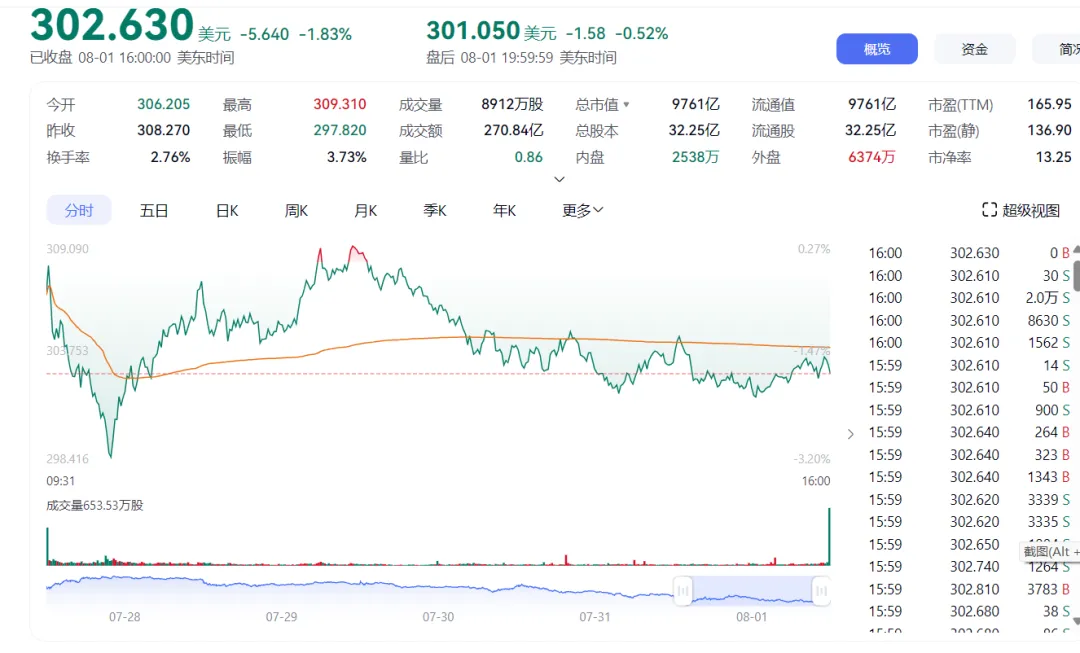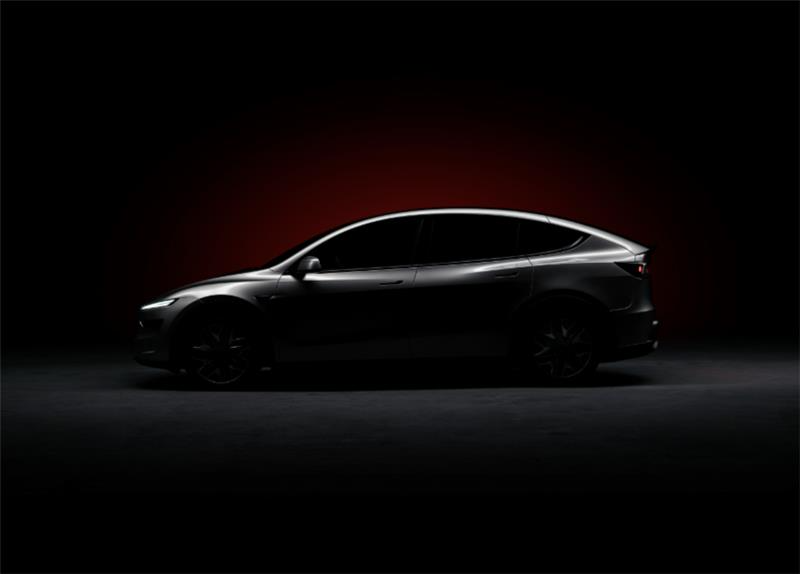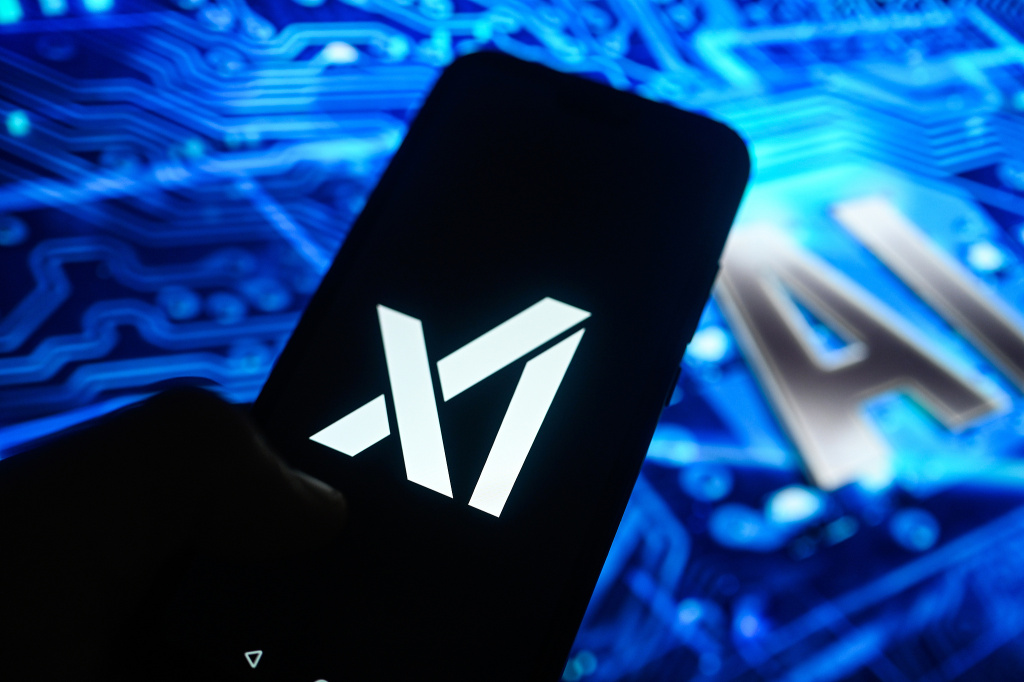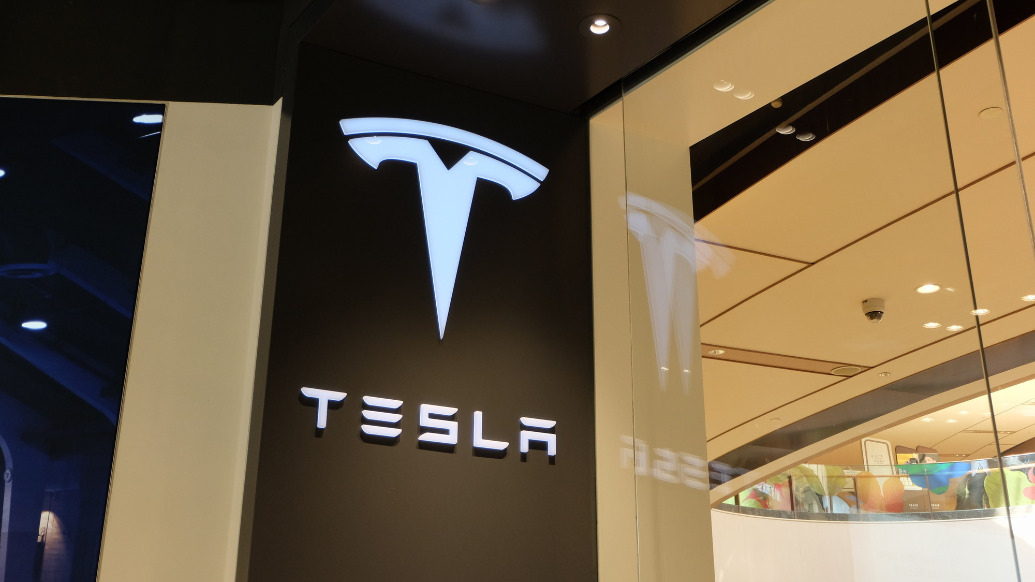
On August 1, local time, a jury in Florida, USA, ruled that Tesla should bear partial responsibility for a fatal car accident caused by a Model S equipped with an autopilot system in 2019, and ordered the company to pay approximately US$243 million (approximately RMB 1.75 billion) in compensation to the family of a deceased woman and an injured person.
The $243 million in compensation includes $129 million (approximately RMB 930 million) in compensatory damages (of which Tesla is responsible for 33%) and $200 million (approximately RMB 1.4 billion) in punitive damages.
Tesla's stock price fell 1.83% on August 1, closing at $302.63.

Tesla responded that the ruling was "wrong" and planned to appeal. Tesla CEO Musk also said on the same day that Tesla would appeal the Florida jury's ruling.
The accident occurred in Key Largo, Florida, in 2019. The owner of a Model S sedan had Tesla's Enhanced Autopilot feature enabled. While driving, the owner was distracted by a dropped phone and went to retrieve it. The Model S accelerated through an intersection at over 60 mph and struck a parked car and two people next to it. One person was killed and another was seriously injured.
The accident victim and their family, after suing the car owner and reaching a settlement, also sued Tesla. The lawsuit centers on the definition of liability for the accident. The plaintiffs argue that Tesla, knowing its Autopilot system was designed for highway use, deliberately did not restrict its use on other roads. In the Model S accident, the owner testified in court that he believed the Autopilot system would automatically brake if there was an obstacle ahead.
Tesla argues that the driver's actions were solely responsible for the accident. He was speeding and had his foot on the accelerator, overriding Autopilot's instructions. He also wasn't looking at the road when he retrieved his phone. Tesla emphasized that the accident had nothing to do with Autopilot, and that the ruling was wrong and would only hinder the development of automotive safety.
The jury found that Autopilot failed to alert or take over when the driver was briefly distracted and did not foresee the risk of the road ending.
The ruling in this case could have far-reaching implications for Tesla and the entire autonomous driving industry. Currently, there are multiple lawsuits underway in the United States against Tesla's autonomous driving systems (including Autopilot and Full Self-Driving (Supervised)), many of which are related to the systems being enabled at the time of the accident.
(Original title: Tesla's self-driving car accident verdict of $243 million may set a precedent, Musk plans to appeal)


